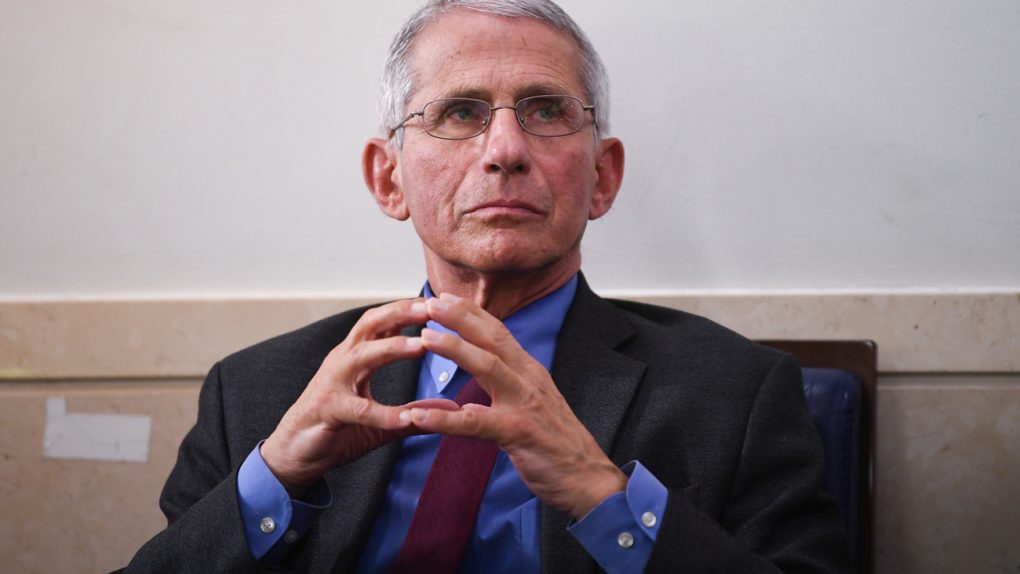- Coronavirus contact tracing isn’t going as well as it should, at a time when the number of cases is surging to a frightening degree in many places around the country.
- That’s according to White House health advisor Dr. Anthony Fauci, who offered at least one reason Friday for the current shortcomings related to coronavirus contact tracing.
- Too many people, Fauci said, are not answering the phone when contact tracers call.
“It’s not going well. I have to tell you, it’s not going well.”
That’s the blunt assessment that White House health advisor Dr. Anthony Fauci, who also serves as the director of the National Institute of Allergy and Infectious Diseases, gave on Friday in regards to the success (or lack thereof) currently when it comes to coronavirus contact tracing. “If you get a positive, then you backtrack and try to figure out who that positive is,” Fauci said, the day after the coronavirus pandemic set scary new records in the US on Thursday. “We really need to start doing that, because the idea of doing individual identification, isolation, contact tracing, particularly in some communities where people don’t want to cooperate — they don’t want to tell you where they’ve been and who they’ve been with.”
Did you catch that? At a time when the number of reported coronavirus infections in the US has soared to almost 2.5 million, according to the latest numbers out of Johns Hopkins University (and they’re probably even higher than that, depending on who you talk to), our ability to backtrack and try to figure out where these people might have gotten infected is failing for the most mundane reason you could think of:
People aren’t answering the phone when coronavirus contact tracers call.
Fauci says COVID-19 contact tracing is not working well because many Americans, particularly in black and brown communities, do not want to pick up phone calls from government representatives https://t.co/Nj065CIsxp pic.twitter.com/S6tiKNWTi0
— CBS News (@CBSNews) June 26, 2020
This is partly why Microsoft co-founder Bill Gates, who’s spent his post-Microsoft years using his foundation to fight health crises around the world, lamented in recent days that the US is “not even close” to doing enough of what needs to be done to fight the coronavirus. Along those same lines, there’s also a variety of opinions about how much is enough when it comes to coronavirus contact tracing.
Earlier this week, for example, CDC Director Dr. Robert Redfield said there as many as 28,000 people doing contact tracing work across the country right now. However, he thinks that number may need to expand up to about 100,000 contact tracers — while former CDC Director Dr. Tom Frieden thinks the US needs even more than that (as many as 300,000).
Even though the CDC has set aside more than $10 billion for states to use to ramp up their testing efforts, Fauci said he doesn’t think local officials are making sufficient progress in this regard yet. And it’s something that will be an especially costly failure come this fall when cases will surge even higher.
“When the fall comes, we better be ready that there will be surges in cases, and as I’ve said so many times now for months, we have a few months to prepare for that,” Fauci said. “So when that happens, we have to be able to do the proper and effective way of identification, isolation, and contact tracing.”








